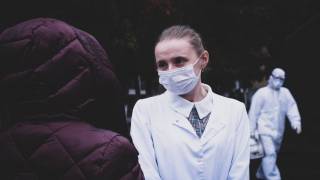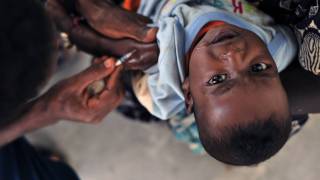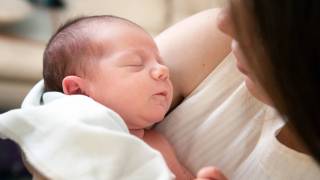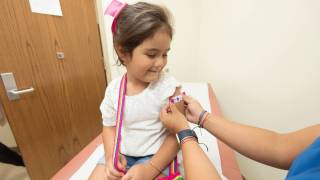Dancing with the Mumps in Delaware
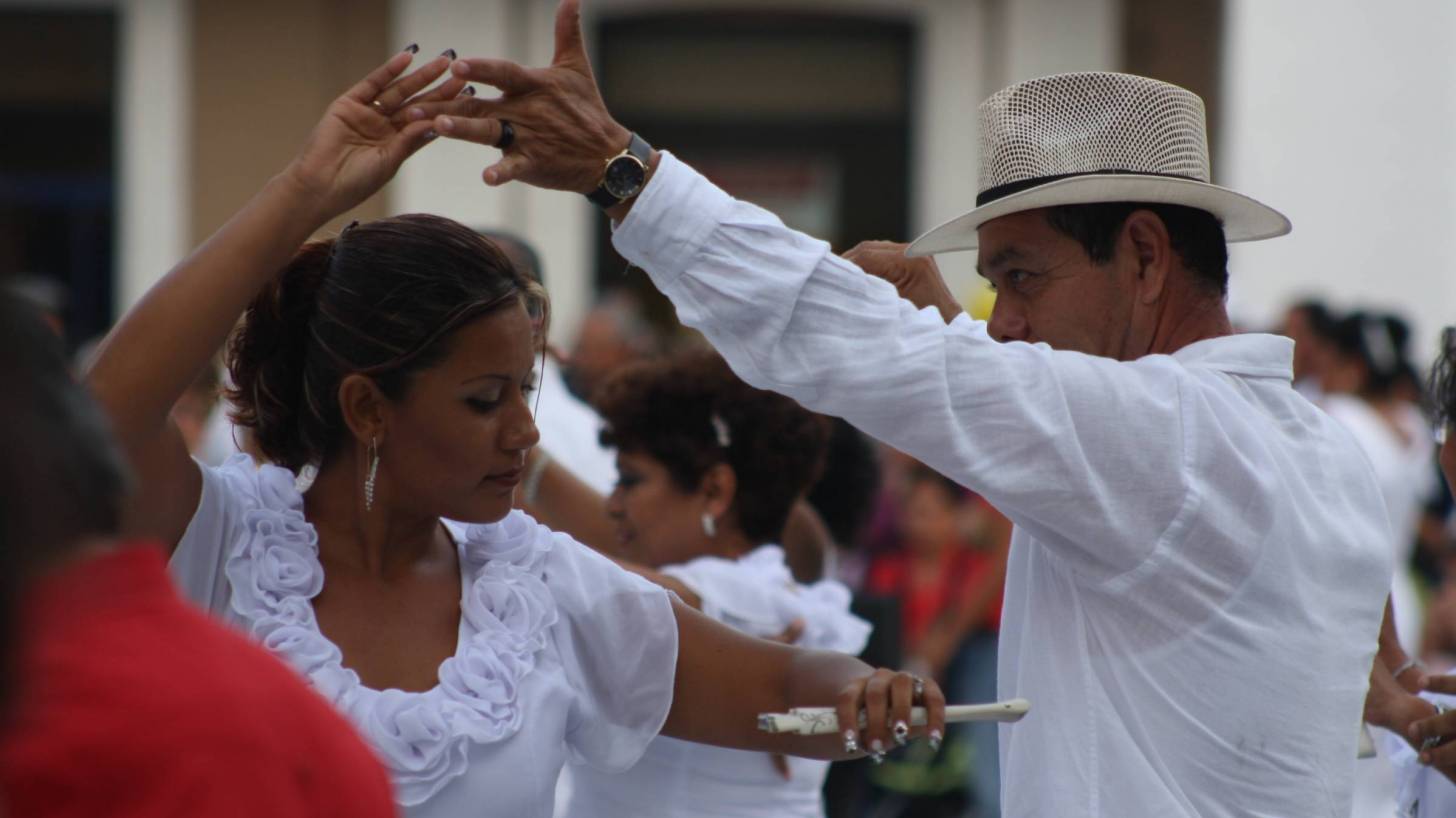
An outbreak of mumps at a New Castle County, Delaware dance festival has now reached 11 cases.
Mumps is an acute viral infection spread through saliva or mucus from the mouth, nose, or throat.
The Delaware Division of Public Health (DPH) has confirmed 7 of the 11 confirmed mumps cases either attended or lived with persons who attended, a social dance that took place at the Chase Center on the Riverfront, in Wilmington, Delaware on February 10, 2018.
“We are stepping up our outreach to attendees, whether or not they developed symptoms, and those living with persons who are confirmed to have mumps, to contact their primary care provider as soon as possible for evaluation for mumps,” said Dr. Awele Maduka-Ezeh, DPH Medical Director.
Those patients who attended the Baile Mejicano event during February, or who live with someone who attended and subsequently developed mumps, and does not have health insurance or whose insurance does not cover the mumps/measles/rubella vaccine (MMR), should call one of the following DPH clinics:
- In New Castle County, call the Hudson State Service Center Immunization Clinic at 302-283-7587, (and select option #2) for an appointment to get an MMR vaccine;
- In Kent County, call DPH’s Kent County Immunization Clinic at 302-857-5140, and,
- In Sussex County, may call DPH’s Georgetown Immunization Clinic at 302-515-3220.
Mumps symptoms typically start with a few days of fever, headache, muscle aches, tiredness, and loss of appetite, followed by swollen salivary glands, which results in puffy cheeks and a swollen jaw.
Symptoms typically appear 16 to 18 days after infection but can range from 12 to 25 days after infection. Some people with mumps may not have any symptoms, according to the CDC.
Many vaccine researchers are trying to understand why mumps cases are appearing around the USA, such as:
A recent study from the Harvard T.H. Chan School of Public Health school found that vaccine-derived immune protection against mumps persists an average of 27 years after the last dose.
These researchers estimated that 25 percent of people vaccinated against mumps may lose protection within 7.9 years, 50 percent within 19 years, and 75 percent within 38 years.
Which means, in addition to the currently recommended 2 doses of mumps vaccine early in life, a 3rd booster shot may help sustain immunization among adults.
The MMR-II and ProQuad vaccines both contain the protection for mumps, as well as protection against measles and rubella. ProQuad offers additional protection against varicella.
Most pharmacies offer MMR vaccination services.
The CDC Vaccine Price List provides private sector vaccine prices for general information.
Vaccine discounts can be found here.
Mumps is a reportable disease in Delaware and suspected cases of mumps should be reported to DPH via fax at 302-223-1540; email at [email protected]; or phone, 302-744-4990.
Healthcare providers are asked not to wait for laboratory test results to return before reporting.
Our Trust Standards: Medical Advisory Committee







